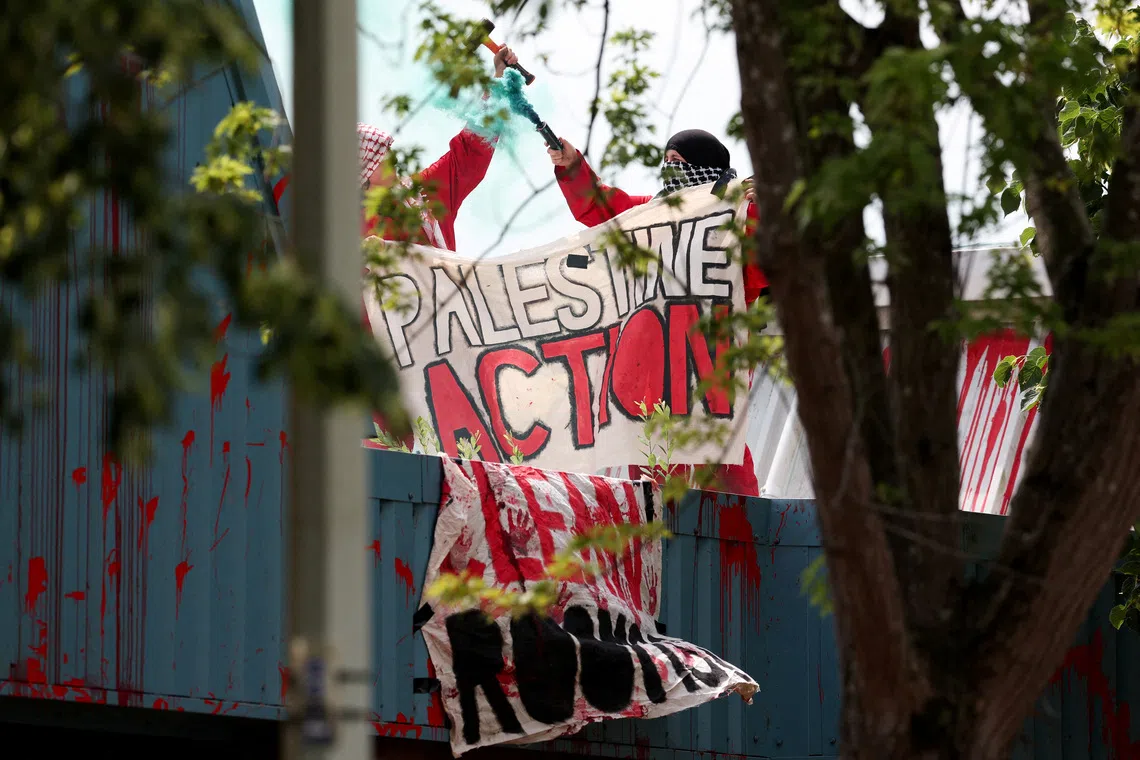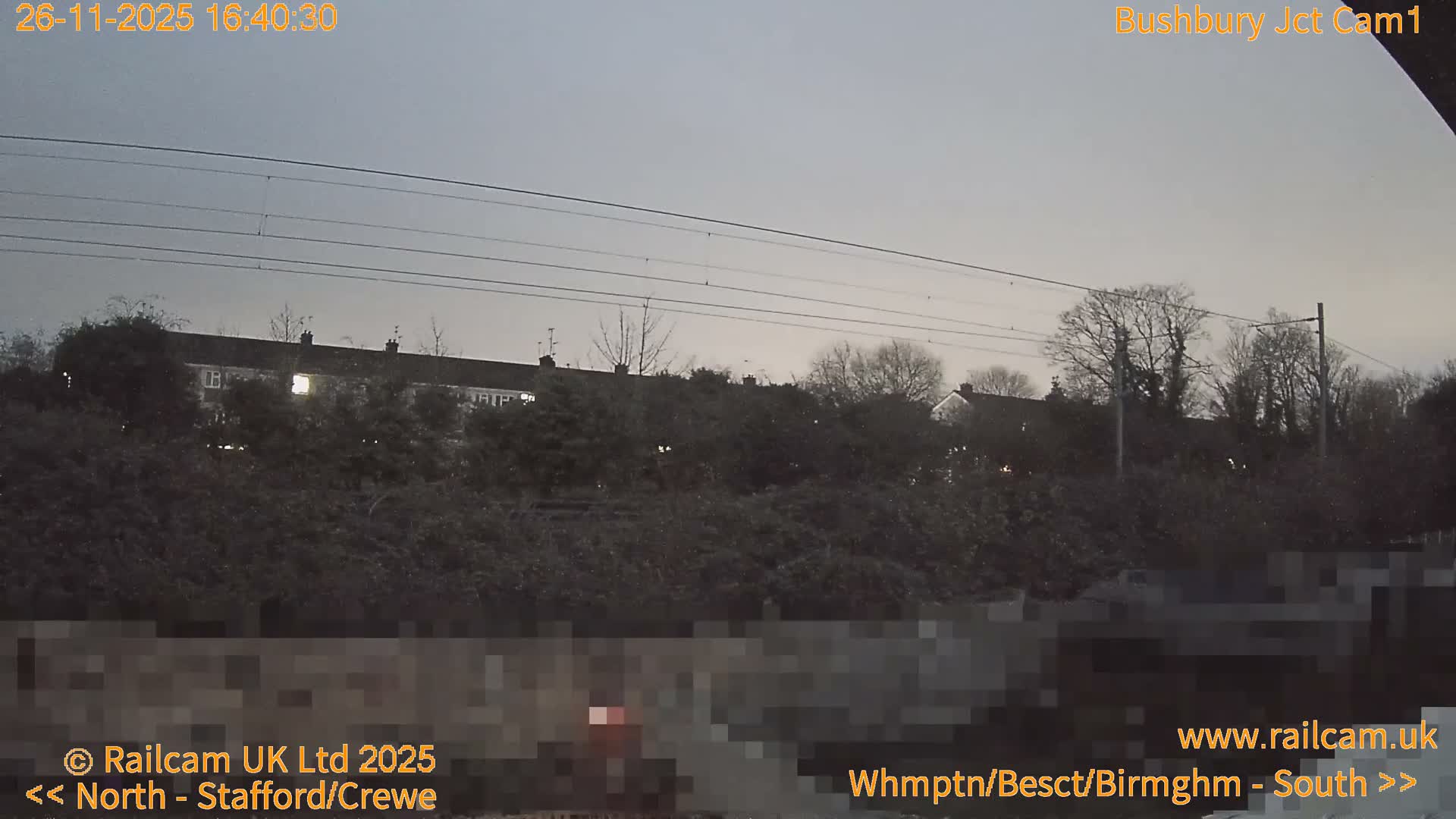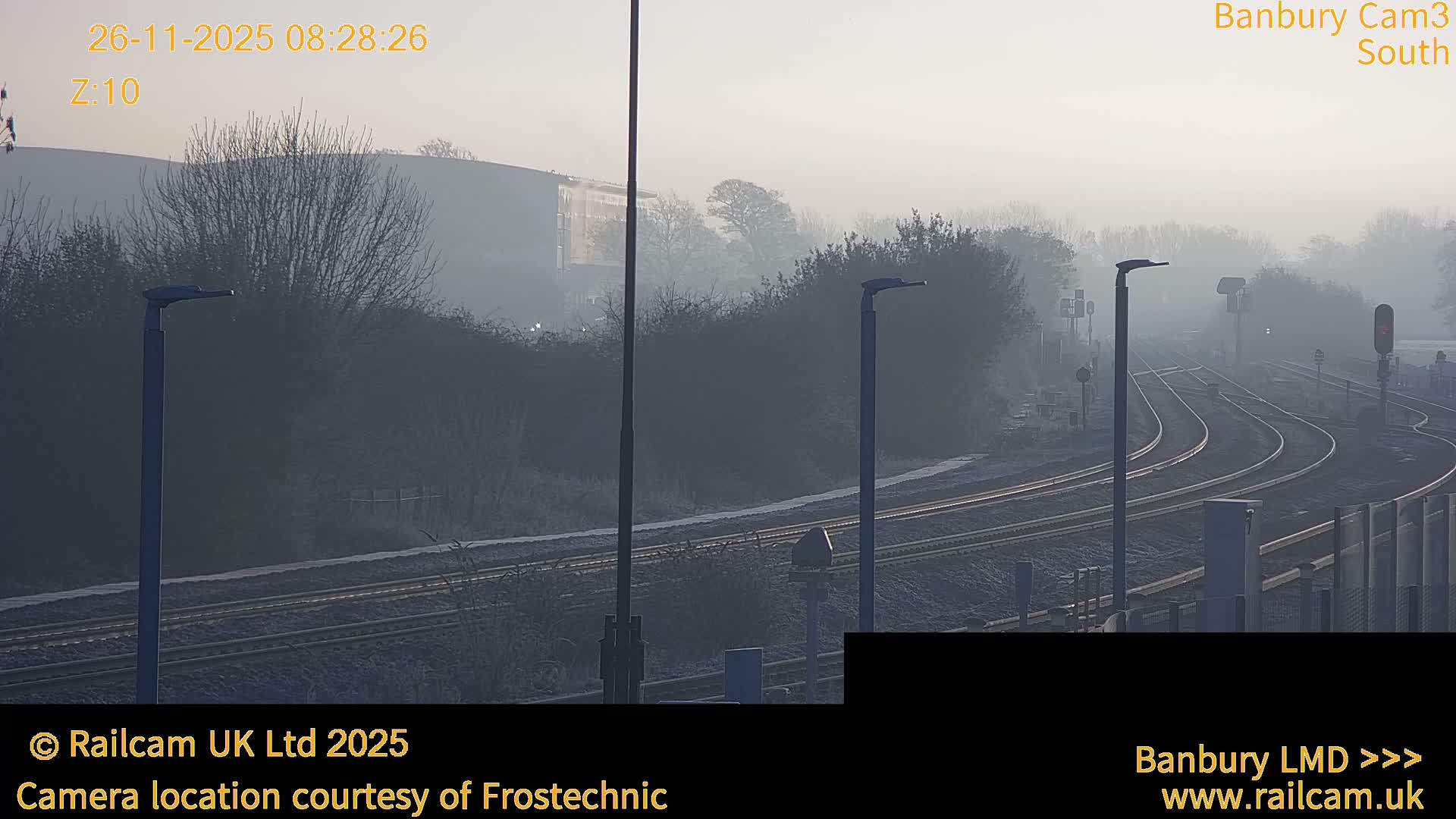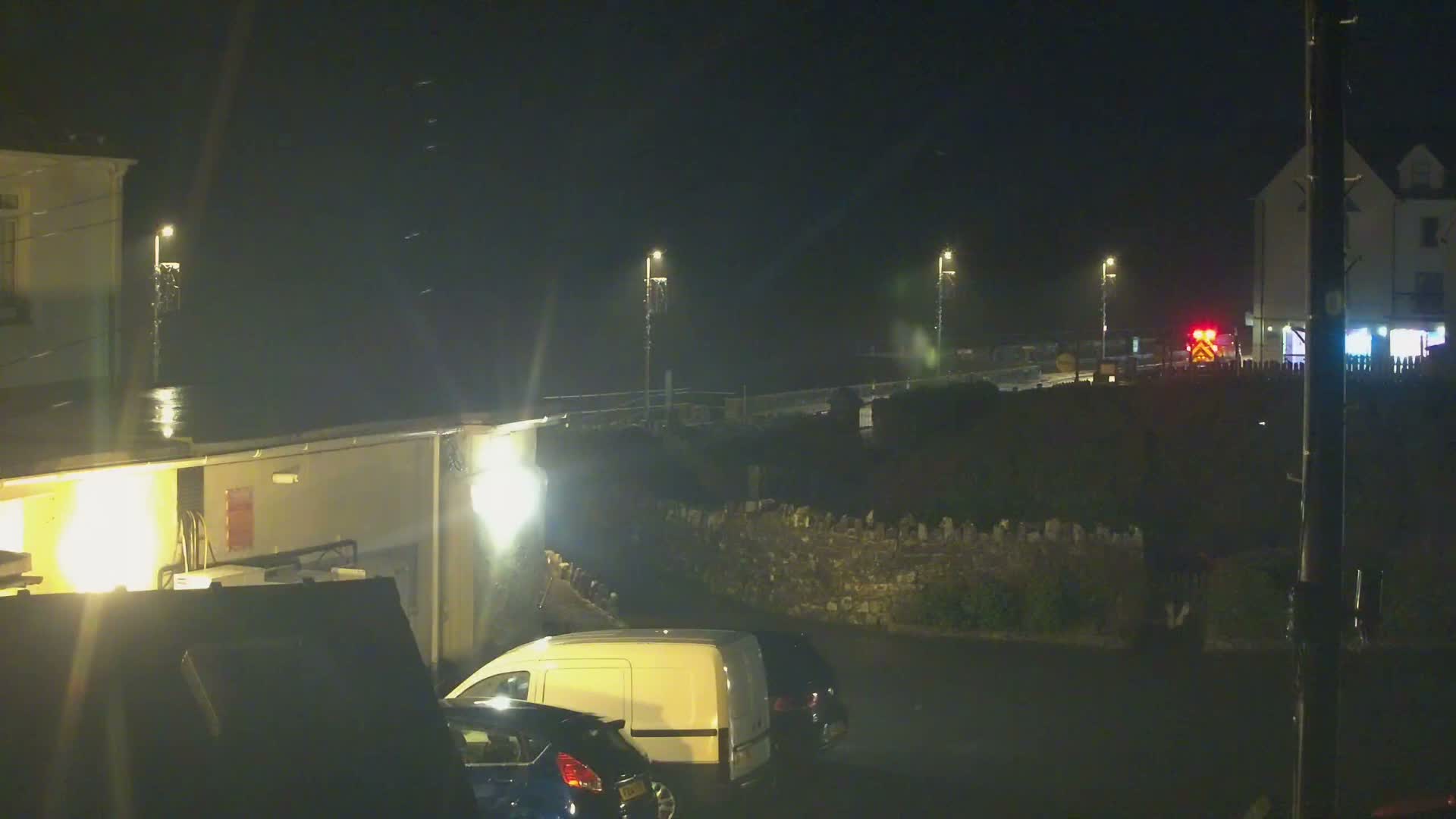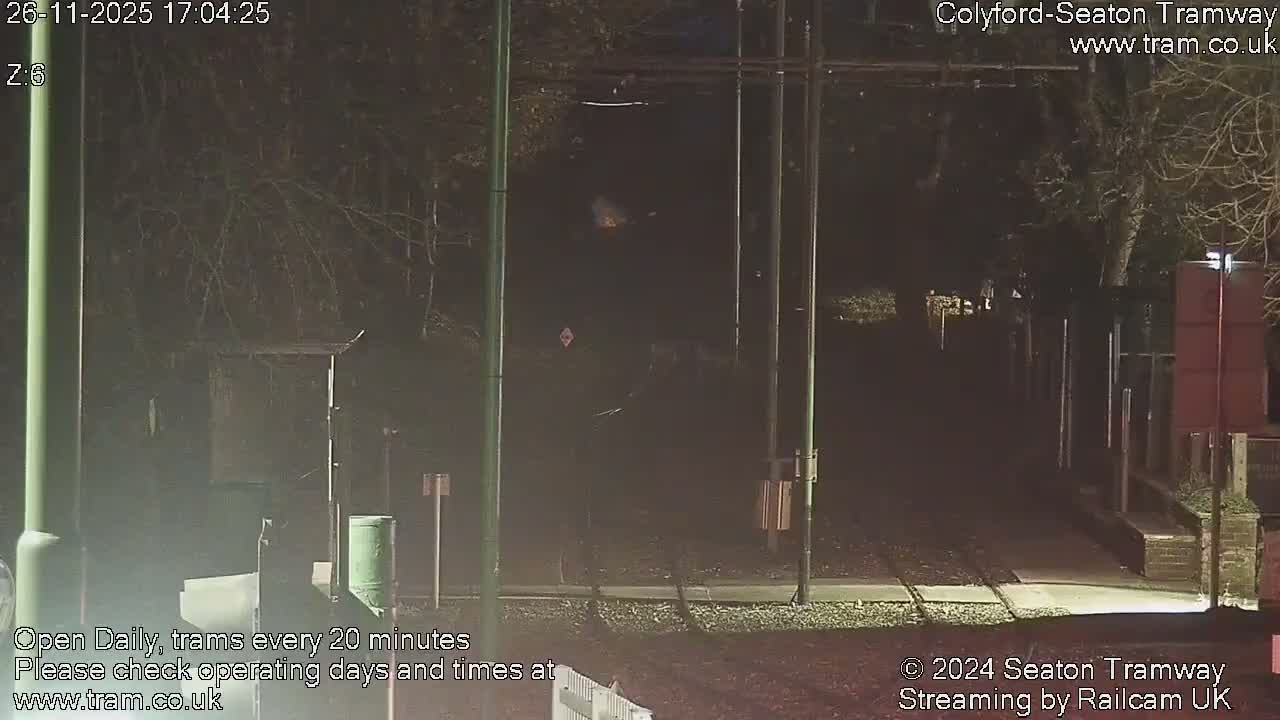UK High Court to Scrutinize Palestine Action Terror Ban
The British government's contentious decision to designate the pro-Palestinian activist group Palestine Action as a terrorist organization is set for a pivotal legal challenge in London's High Court. Lawyers representing co-founder Huda Ammori argue the proscription misapplies anti-terrorism legislation and unduly restricts fundamental protest rights.
The Proscription and Its Implications
Palestine Action was officially banned in July, a move that places it alongside internationally recognized terrorist entities like Islamic State and al Qaeda. This stringent classification renders membership a criminal offense, carrying a maximum sentence of 14 years in prison. Established in 2020, the group rapidly gained notoriety for its "direct action" protests, which have consistently targeted Israel-linked companies operating within Britain. These actions frequently involve tactics such as blocking access to premises, causing property damage through smashed windows, or defacing buildings with red paint.
Escalating Actions and Government Rationale
The Home Office, the UK's interior ministry, initiated the ban following an escalating series of incidents attributed to the group. A significant catalyst for the proscription was a June intrusion at the RAF Brize Norton air base, during which activists reportedly caused damage to two military aircraft. The government has steadfastly defended its decision, asserting that Palestine Action has engaged in "an escalating campaign involving not just sustained criminal damage, including to Britain's national security infrastructure, but also intimidation and alleged violence and serious injuries to individuals."
Legal Challenge and Critics' Concerns
However, the ban has drawn strong condemnation from various quarters, including prominent human rights organizations such as Amnesty International and Liberty. These critics contend that acts of protest, even those that involve property damage, do not inherently equate to terrorism. They argue that the government's expansive application of anti-terrorism laws in this context disproportionately curtails legitimate forms of dissent and the right to protest.
The group's activities witnessed a significant intensification during the recent conflict in Gaza. Noteworthy incidents include the arrest of six members in January 2024 on suspicion of plotting to disrupt the London Stock Exchange. More recently, six other individuals faced trial for aggravated burglary, criminal damage, and violent disorder stemming from a raid on the Israeli defense firm Elbit Systems. In that case, one individual was also charged with causing grievous bodily harm by assaulting a police officer with a sledgehammer.
Wider Ramifications of the Case
A successful legal challenge by co-founder Huda Ammori could have profound and far-reaching implications. It might enable dozens, if not hundreds, of individuals currently facing charges for expressing support for Palestine Action to contend that the proscription itself was unlawful. The article notes that over 2,000 people have been arrested simply for displaying signs backing the group, with more than 200 formally charged for supporting a proscribed organization. Furthermore, legal representatives highlight instances where pro-Palestinian protesters, who did not explicitly support Palestine Action, have faced police questioning at demonstrations, suggesting that the ban's chilling effect extends broadly beyond its immediate target.
This landmark case is poised to critically examine the delicate balance between protest rights, national security concerns, and the appropriate application of anti-terrorism laws within the United Kingdom.

